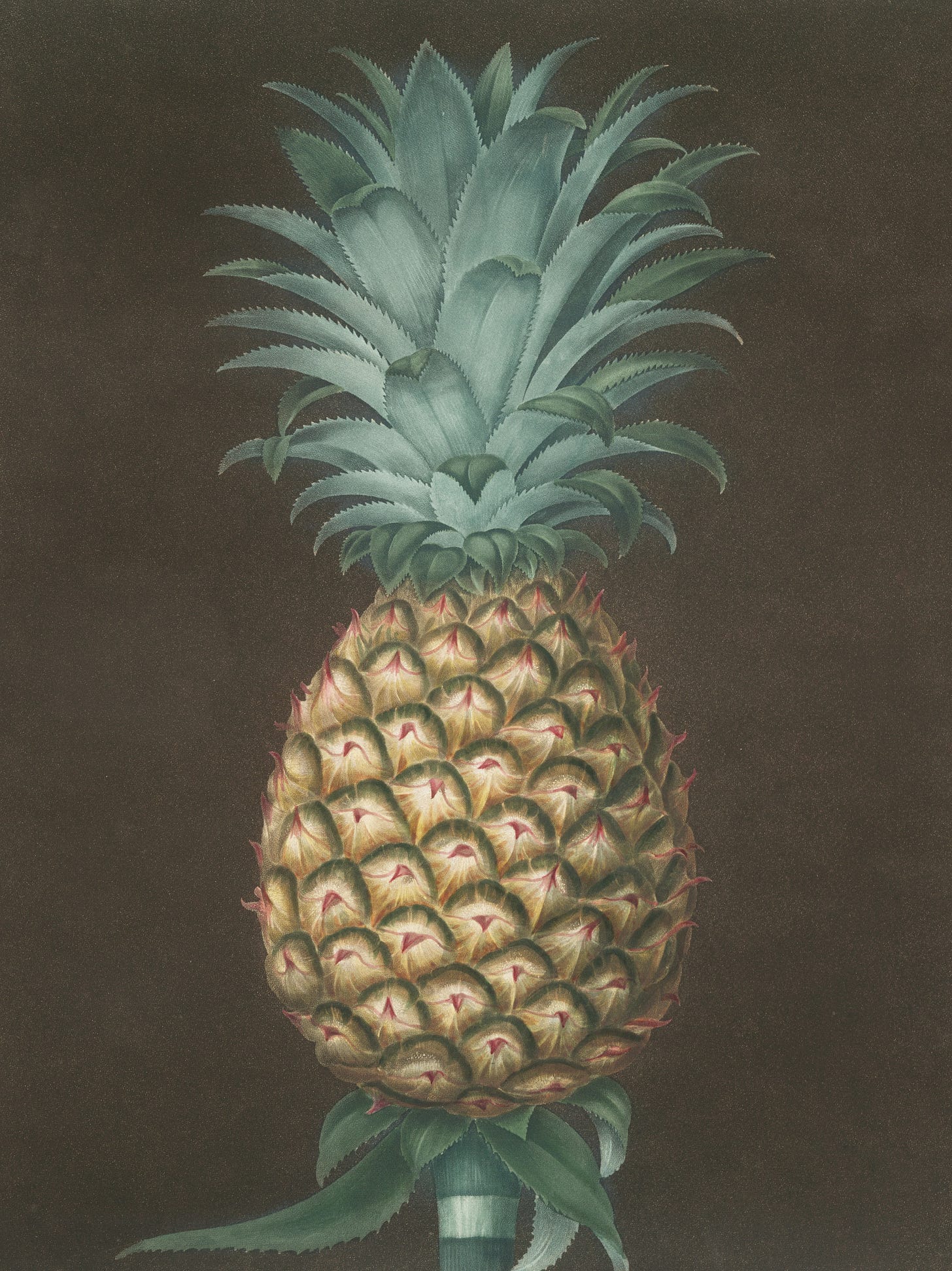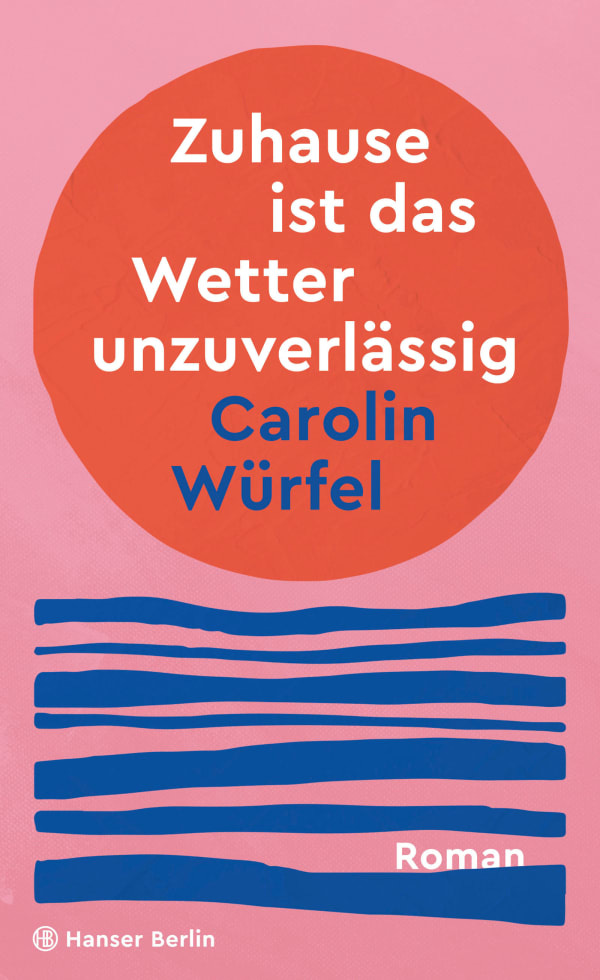Tiny confessions of joy
I think the hardest part of being a writer is finding balance—between living in the real world and retreating into fiction. Personally, I’m not too fond of reality. But sometimes, it hands you sweet little stories.
I heard this particular tale recently, almost like a fable whispered by time. It was about a couple who met when they were young. His name was Max. Hers was Rita. When they moved in together, she carried with her a tiny cactus, no bigger than an egg. A quiet, spiky thing that seemed almost shy.
Over the years, as they built a life, the cactus grew—first to the size of a fist, then a pineapple. It thrived. It stretched toward the light. It surprised them by blooming, sprouting delicate pink flowers like tiny confessions of joy.
But plants are not the only things that change. People grow too, sometimes in different directions. Max and Rita lost something along the way, and eventually, they broke up. She left. He stayed in the house they had once called theirs. So did the cactus.
The separation was painful, but they found a way to remain in each other’s lives, like old songs lingering in the back of one’s mind. Time passed. They learned new ways to be.
Then one day, after years apart, she returned to that house. And there, in its familiar corner, stood the cactus. But it was no longer one.
It had split in two, resembling a heart.
The idea of “equal footing”
The other day, I sat down with the brilliant East German writer Katja Oskamp (*1970), who won the Dublin Literary Award in 2023 for her poignant novel Marzahn, mon amour. We met in a charming old café in Berlin and talked about love. It was marvelous.
Few topics are as loaded with clichés—romantic ideals, happy endings, the whole script. But Katja Oskamp doesn’t care for clichés.
We went back and forth, questions and answers, peeling away the layers. Some of it stayed with me. Now I’m sharing some passages from our conversation:
Katja, what do you think of when you hear the word “love”?
Katja Oskamp: That you actually can’t talk about it. Love is so complex. It’s the opposite of reason, and because of that, it can’t really be grasped. Love does whatever it wants. It’s our engine, pushing us into the most impossible situations.
Do you remember your first time being in love?
Yes! It was in second grade. His name was Michael, he had curly hair, and he was very cute. We shared a secret kiss behind the bushes. Whether it was really love, I’m not sure, but it was definitely something.
You’ve met and loved very different men in your life. What do you think—can cultural differences and influences in relationships be overcome?
Yes. But I also believe that origins and influences can’t be tied just to countries. The family, social class, and the environment you grow up in all play an enormous role. To truly understand that, you have to make a constant effort. Talking and expressing every discomfort really helps. I’ve learned that especially as I’ve gotten older. Many conflicts in relationships happen because we silently assume the other person knows what we’re thinking. We think they feel the same way because we love each other. But you really have to align your thoughts and feelings—and not take yourself too seriously in the process.
That sounds easy, but it’s hard work...
True. The big question is also what exactly a partner needs to be able to do and understand. What do we expect from them? And can they even handle it? I believe we tend to overload our relationships with expectations. Do two people really need to share and experience everything together, or is that just an overly romantic idea of love—one that ends up weighing everything down?
Couple therapy is the latest trend. Could we be talking relationships to death with therapy?
There is a danger, yes. Women especially have a tendency to talk everything to death and make it difficult for men. I certainly do it too. Some men, on the other hand, either don’t have enough words or don’t want to talk everything through. You can really “talk a man out” until he’s drained of all his energy.
What, in your opinion, makes a good relationship?
A good relationship is alive, constantly evolving, and leaves space for individuality. It keeps your body and mind intact. You can’t stay fused together forever.
Why not?
Because then you wouldn’t even be able to go grocery shopping.
But at the beginning of a relationship, it’s usually like that—you lose yourself in each other.
Of course, there are moments of ecstasy. But in the long run, you have to stay grounded in yourself. A good love is about negotiating, playing, trying things out, and testing. And maybe it doesn’t have to be so complicated. I have a friend who says about her partner, “I love him, and that’s how it can stay.” I think that’s great too—when you can just say, “It is what it is.”
There’s the idea of “equal footing” in a relationship. Is that important?
I find the idea of “equal footing” problematic because it’s often hypocritical. It’s like this modern pedagogy where teachers claim to communicate with students on equal footing. That’s nonsense! They are the authority figures, they’re getting paid for it, and the kids are required to be there. Where’s the equal footing in that? In relationships, equal footing doesn’t work either. It suggests something static, but relationships thrive on the fact that sometimes one person is stronger, and sometimes the other. It’s an eternal back-and-forth, not a fixed state. Anyone who ignores that ends up as a “carved couple”, sitting on a bench in front of their house, not knowing where one ends and the other begins.
Threads of womanhood
It’s here! My debut novel is coming out this month. The title: At Home, the Weather Is Unreliable. What’s it about?
A woman books a ticket, sets a deadline. It ends this summer, she writes in her diary. In a new city by the sea, under a relentless sun, she seeks escape from the expectations that have ruled her life for far too long. But can she really shed the deep-rooted patterns passed down through generations? What does she truly know about the resilient, conflicted women in her family—women whose lives are stitched into her own? Anna and Rosa, Ella and Viola, her mother Romy.
The novel weaves the pulse of the present with the stories of three generations of women, unraveling the threads of womanhood that cling to the protagonist. A layered tale that asks: Can true freedom ever really be achieved?
For now, the book is only available in German—but I’m dreaming of an English translation. And a Turkish one. And a French one. So if you nudge your favorite publishers just enough, who knows? Maybe At Home, the Weather Is Unreliable will find its way into many languages!
Let the season of renewal begin!
xoxo
Carolin
P.S.: Being a freelance writer means hustling every month. But writing matters, and so do words. If you’d like to support independent writing, consider switching to a paid subscription for this newsletter.






